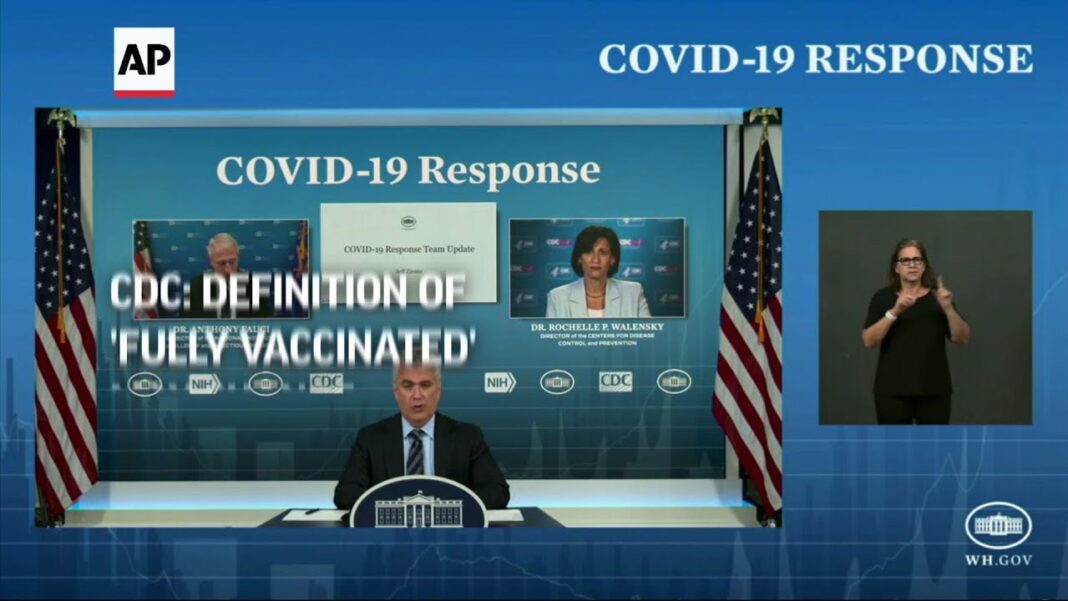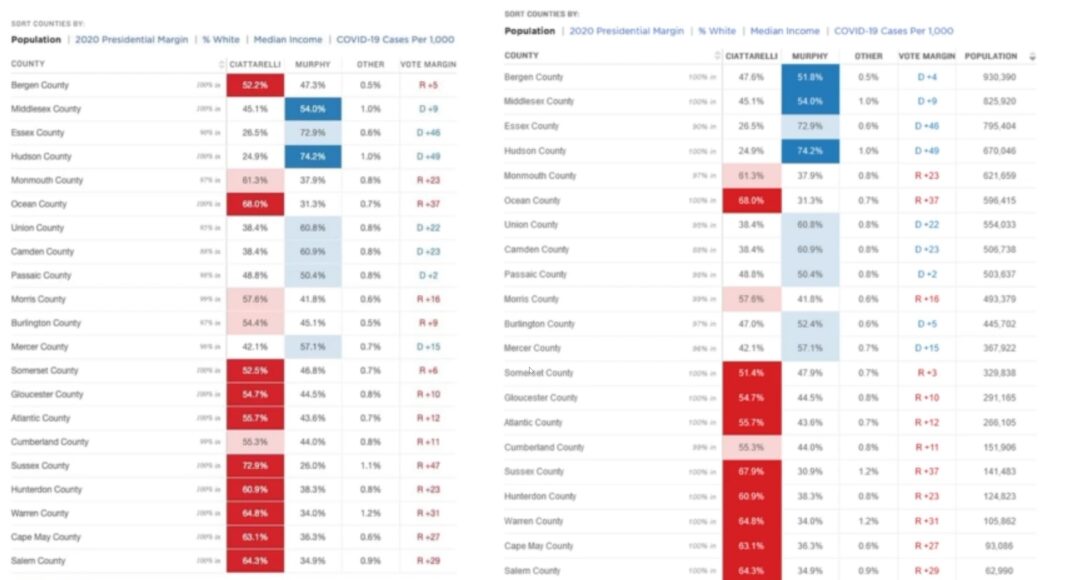
Alleged problems with a major clinical trial examining Pfizer’s COVID-19 vaccine are being probed, a contract company involved in the research has confirmed.
Ventavia Research Group operated several of the trial sites in the fall of 2020. Brook Jackson, who worked for the company during this time, told the British Medical Journal that the trial was riddled with issues, including the falsification of data.
Jackson said she alerted the Food and Drug Administration (FDA) to the problems she witnessed and was fired within hours.
Ventavia confirmed to The Epoch Times that it employed Jackson for two weeks last year. Lauren Foreman, director of business development and communications, said in an email that Ventavia is investigating Jackson’s allegations.
“Ventavia takes research compliance, data integrity, and participant safety very seriously and stands behind its important work supporting the development of lifesaving vaccines and is conducting its investigation accordingly,” she said.
The FDA appeared to confirm it was aware of the matter.
“Although the agency cannot comment further at this time in this ongoing matter, FDA has full confidence in the data that were used to support the Pfizer-BioNTech COVID-19 vaccine authorization and the Comirnaty approval,” a spokeswoman told The Epoch Times in an email.
Ventavia worked on the trial that led to emergency use authorization (EUA) for Pfizer’s jab. The FDA later approved the shot, though many or all of the doses being administered in the United States continue to be the EUA-version.
Pfizer didn’t immediately respond to a request for comment.
Jackson, who had worked with clinical trials for over 15 years, told the British Medical Journal she repeatedly raised concerns with her superiors about what she was witnessing, including patient safety concerns. She began to feel her reports were being ignored and began taking photographs using her phone. One photograph apparently showed that needles were discarded in a plastic bag instead of a box, while another was said to have showed packaging materials that revealed trial participants’ identification numbers, signaling they may have been unblinded.







